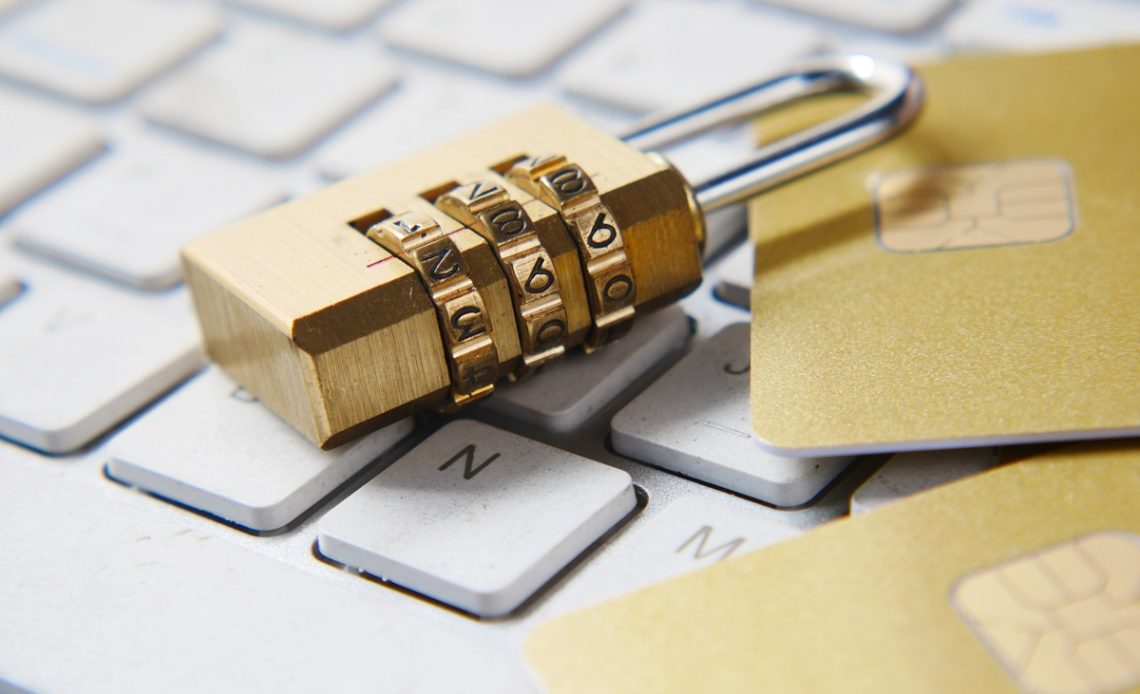
In today’s digital age, we rely heavily on technology for almost everything we do. From shopping to communication, socializing, and entertainment, we leave behind a digital footprint everywhere we go. However, with all this convenience comes the risk of our personal information being compromised. That’s why digital privacy is becoming increasingly important, and it’s critical that we understand how to protect our information online.
What is Digital Privacy?
Digital privacy refers to the protection of personal information and data from unauthorized access or use. It includes the right to keep one’s information confidential and secure, whether it’s stored on a device, in the cloud, or on a server. It also involves being in control of how and when your information is shared and with whom.
Why is Digital Privacy Important?
With the rise of technology, there’s an increasing amount of personal information available online, making it easier for hackers and cybercriminals to steal and exploit it. This can lead to a range of consequences, including identity theft, financial fraud, and even physical harm. Furthermore, with the widespread use of social media and other online platforms, the line between our personal and professional lives is becoming blurred, making it even more important to safeguard our information.
Ways Personal Information can be Compromised Online
There are various ways personal information can be compromised online, including:
- Hacking: A hacker can gain access to your devices or accounts by using malicious software, exploiting vulnerabilities, or using social engineering tactics to trick you into revealing your login credentials.
- Data breaches: A data breach occurs when unauthorized individuals gain access to sensitive information, such as names, addresses, and bank card details, stored on a company’s servers.
- Phishing scams: Phishing scams are fraudulent emails or messages that appear to come from a reputable source but are designed to steal personal information.
Tips to Improve Digital Privacy
To improve your digital privacy, you can take the following steps:
- Use strong passwords: A strong password is the first line of defense against hacking and cyberattacks. Ensure your passwords are at least 12 characters long and contain a combination of letters, numbers, and symbols.
- Enable two-factor authentication: Two-factor authentication adds an extra layer of security to your accounts by requiring you to provide a second form of verification, such as a code sent to your phone.
- Be cautious when sharing personal information: Only share personal information when it’s necessary and avoid sharing sensitive information, such as your social security number, on social media.
- Read privacy policies: Before downloading an app or creating an account, read the privacy policy to understand what information the company collects and how it’s used.
The Role of Government and Technology Companies
Governments and technology companies play an important role in protecting digital privacy. Governments can enact privacy-focused legislation to regulate how companies collect, store, and use personal information, while technology companies can implement privacy-friendly policies and technologies to better protect their users’ data.
The Need for Individuals to be Proactive
While it’s important for governments and technology companies to do their part, it’s equally important for individuals to be proactive in protecting their digital privacy. Stay informed about the latest privacy threats and be mindful of the information you share online. Make informed decisions about the apps and websites you use and be wary of phishing scams and other malicious activities.
Conclusion
Digital privacy is becoming increasingly important as we continue to rely on technology in our daily lives. With the rise of cyber threats and data breaches, it’s crucial that we understand how to protect our personal information online. By taking simple steps, such as using strong passwords, enabling two-factor authentication, and being cautious when sharing information, we can significantly reduce the risk of our information being compromised. It’s also important to stay informed and make informed decisions about the apps and websites we use, and to support privacy-focused legislation and initiatives from governments and technology companies. Remember, digital privacy is not a one-time effort but an ongoing process, so stay vigilant and take control of your online security.

